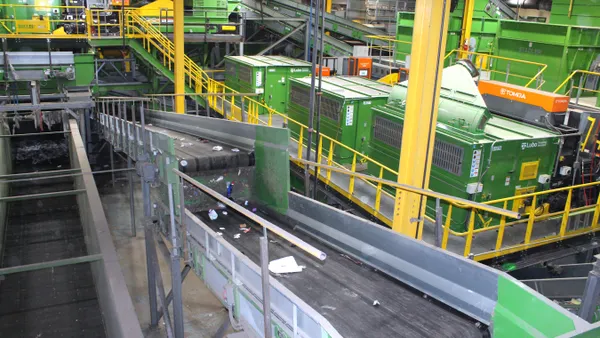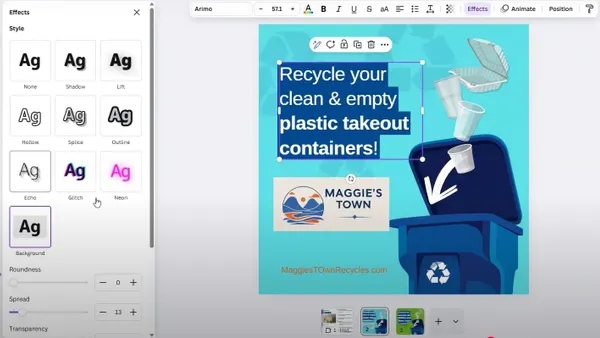Dive Brief:
- Sen. Elizabeth Warren (D-MA) recently came out with a presidential campaign proposal to enact a national right to repair policy. The proposal was part of a larger plan to make farming more equitable for family operations by requiring equipment manufacturers to "make diagnostic tools, manuals, and other repair-related resources available to any individual or business."
- In a March 27 interview with MSNBC's Chris Hayes, Warren said she wants companies to make "parts and information" available for everyone, freeing consumers from the necessity of taking broken machines or equipment back to manufacturers that can "charge you whatever they want to charge."
- Separately, Apple has also begun to give some repair shops — though not all — access to instructions, diagnostic tools and spare parts for repairing phones and other devices. Internal company documents obtained by Motherboard do not lay out when or where these programs will be implemented, but do note that “3,700+ Apple Authorized Service Providers" are currently in operation.
Dive Insight:
While Warren's policy proposal doesn't directly mention electronics repair or e-waste, the connection is there. If legislation passes that forces companies such as John Deere to provide access to instructions and spare parts for farm equipment, the policy could logically be expanded to all manufacturers. Some activists, however, say the senator's proposal may not go far enough.
"In her proposal, Sen. Warren only applies these rules to farm equipment. We know that the problems addressed by Right to Repair extend far beyond farm equipment, everything from smartphones to refrigerators and more," said Nathan Proctor, director of the U.S. Public Interest Research Group's campaign for the right to repair, in an email to Waste Dive. "While this is a significant step and a milestone in our efforts, Americans dispose of 416,000 cell phones every day, we need to lower barriers to repair across the board."
Proctor did note, however, that he was happy to see that Warren's proposal was based on language provided by the coalition of groups advocating for the policy, calling it "a signal to those of us working on Right to Repair that our message is getting through."
Meanwhile, Proctor, who is tracking right to repair legislation nationwide, said a bill currently making its way through the Minnesota legislature could receive a floor vote soon, as previously reported by the Star Tribune. According to USPIRG, there has been activity on similar legislation in 20 states so far this year. Massachusetts voters approved a 2012 ballot initiative specifically covering automotive repair, leading to a nationwide industry change in 2014; however, Proctor said, no state has passed similar policies for electronics or farm equipment. Still, the rising level of legislative activity is considered a positive sign for supporters that consider right to repair for electronics a matter of "when," not "if."
"People just want to fix their stuff. This issue has been bipartisan from the start, and there is no reason this shouldn't become a consensus issue in the political world," Proctor said.
Consumer device manufacturers have been strongly opposed to the concept for years, but Apple's internal presentation indicates an ability — if not necessarily a willingness — to comply if legislation passes. Scaling up from hand-picked repair shops and operations to any interested party would certainly be a challenge, but one that many say is worth undertaking. Apple has talked about closing the loop and recycling electronics before, announcing in April 2017 that it wants to eventually use only recycled material in its manufacturing — although the company did not set a timeline for that ambitious goal.
E-waste generation is growing quickly, and when electronics are not disposed of properly, they can damage the environment and cause risk to workers from fires or explosions. Without access to the right tools or diagnostics, however, it can be challenging to make the necessary changes to keep these devices in circulation or dismantle them for scrap. As a result, the Institute for Scrap Recycling Industries has backed its own "right to reuse" policy.
Correction: A previous version of this story didn't recognize the full spectrum of sources that went into Sen. Warren's policy proposal.









